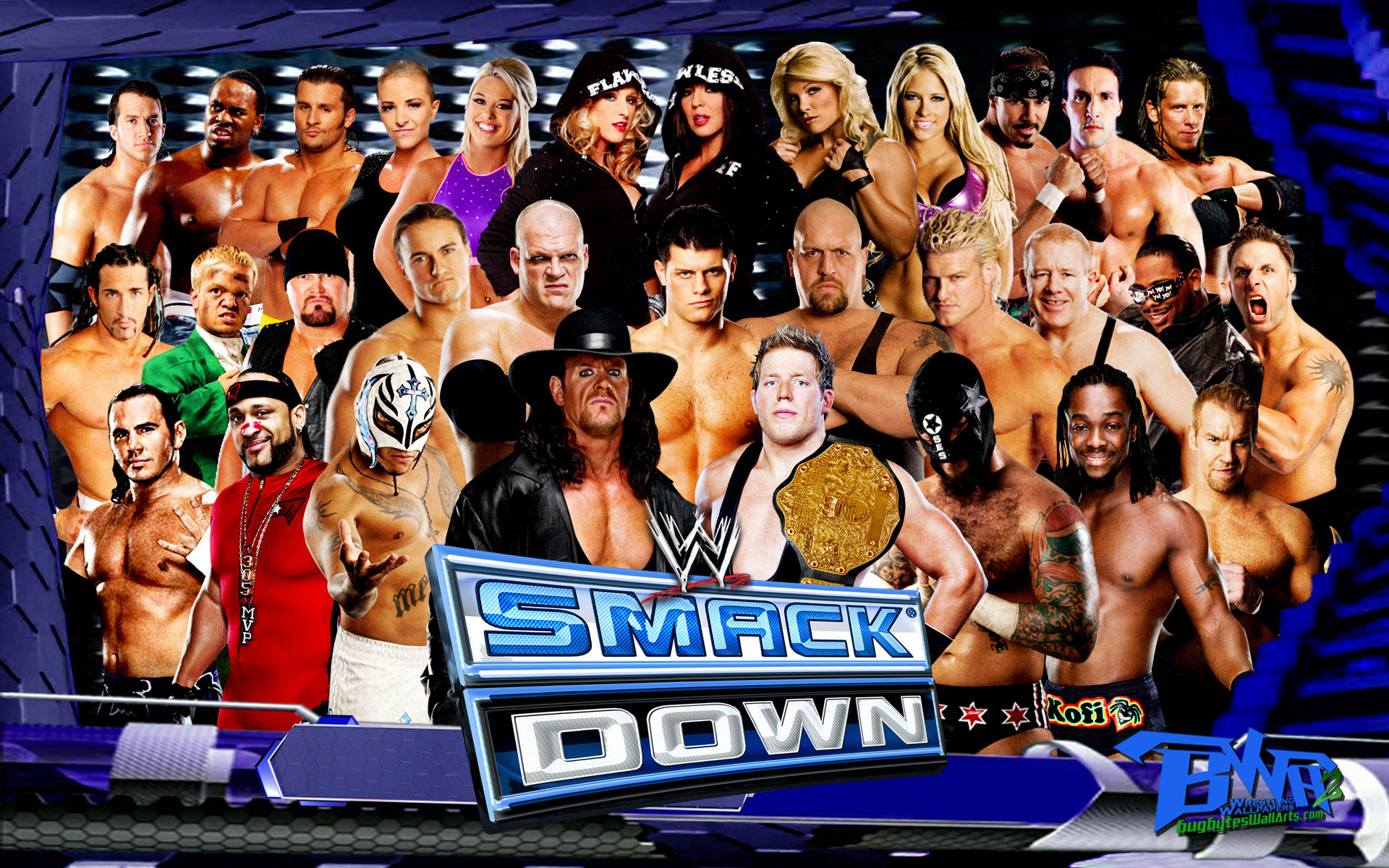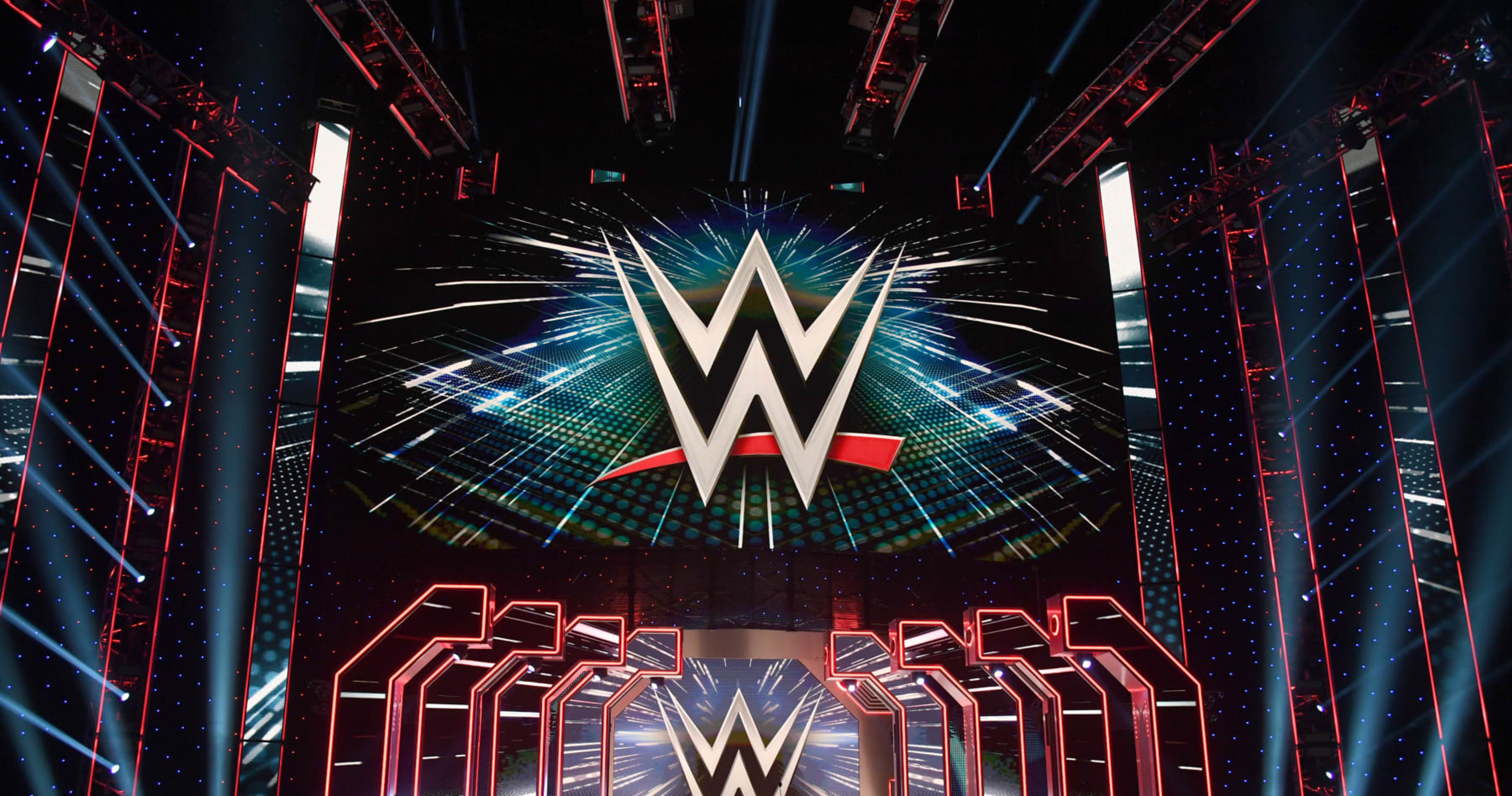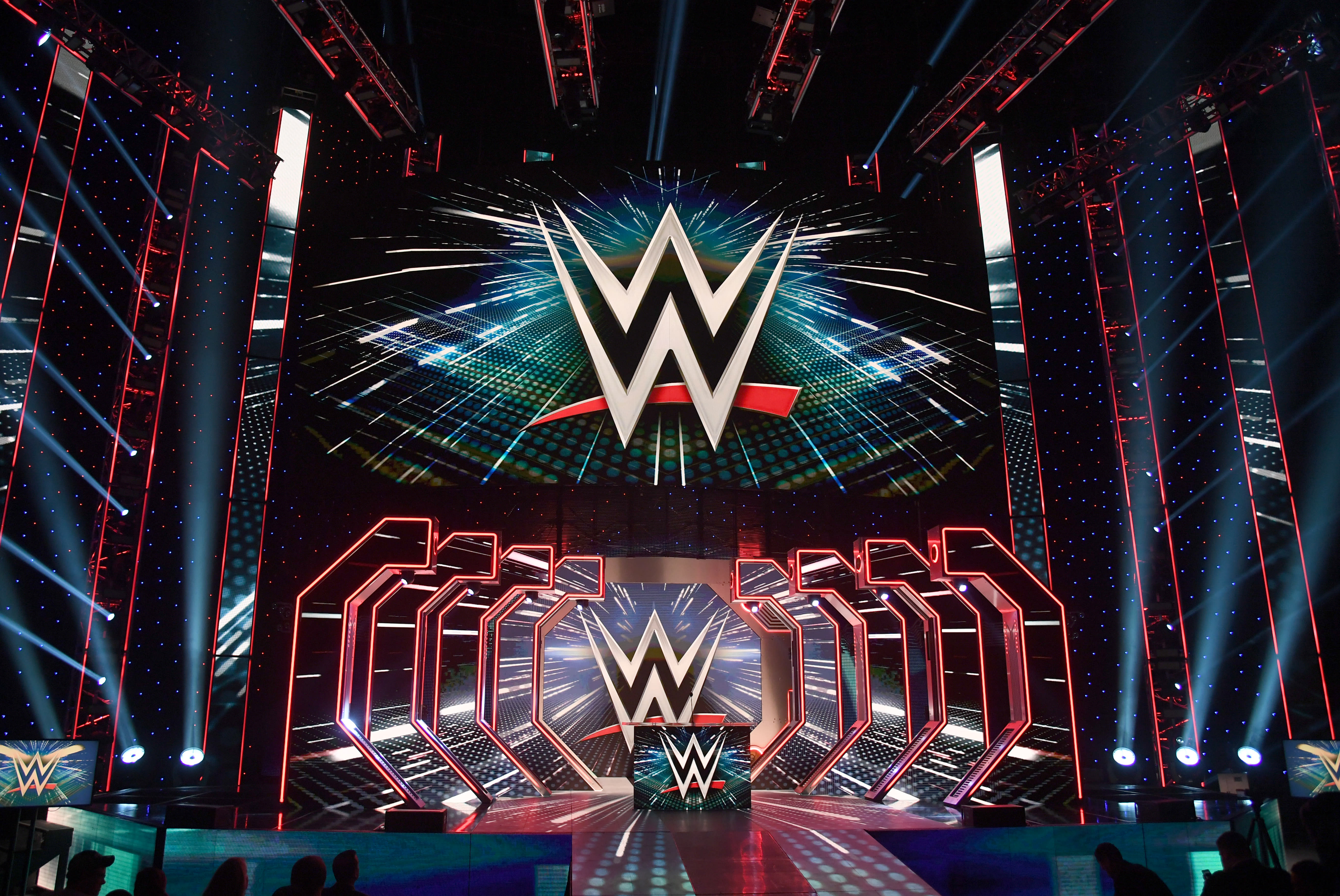World Wrestling Entertainment (WWE) has been a global phenomenon, blending sports and entertainment in a way that captivates millions of fans worldwide. Through its dramatic storylines, breathtaking athleticism, and unforgettable characters, WWE has carved out a unique niche in the entertainment industry. This article aims to take a deep dive into the world of WWE, exploring its storied history, legendary superstars, major events, and the factors that make it such a beloved institution for fans around the globe.
WWE is far more than just professional wrestling; it is a cultural movement that combines storytelling, physical prowess, and theatrical flair. The organization has created some of the most iconic moments in sports entertainment history, producing superstars who have transcended the ring to achieve international fame. Whether you're a long-time fan or someone new to the world of wrestling, this guide will provide an in-depth look at everything WWE has to offer.
As we explore the multifaceted world of WWE, we'll uncover the compelling narratives behind its superstars, the evolution of the organization, and its profound impact on popular culture. Join us on this thrilling journey into the heart of WWE!
Read also:Exploring The Financial Journey Of Richard Dreyfuss Triumphs Challenges And Legacy
Table of Contents
- The Evolution of WWE
- In-Depth Biographies of Key Superstars
- Major WWE Events That Define the Calendar Year
- WWE's Influence on Popular Culture
- Diverse Wrestling Styles in WWE
- The Future of WWE: Innovation and Growth
- Building a Global WWE Community
- Conclusion: WWE's Legacy and Enduring Appeal
The Evolution of WWE
The origins of WWE trace back to the early 1950s when it was established as the Capitol Wrestling Corporation (CWC) by Jess McMahon and Toots Mondt. Over the decades, the organization underwent numerous transformations, changing its name and ownership multiple times. In 1980, under the visionary leadership of Vince McMahon, CWC was rebranded as the World Wrestling Federation (WWF), marking the beginning of its rise to prominence. The introduction of WrestleMania in 1985 revolutionized the industry, cementing WWE's status as a cultural touchstone.
In 2002, following a legal dispute with the World Wildlife Fund, the company officially adopted the name World Wrestling Entertainment (WWE). This rebranding signaled a new era of growth and expansion. Today, WWE stands as the premier professional wrestling organization in the world, boasting a global fan base and a roster of diverse wrestlers. Its influence extends beyond wrestling through television broadcasts, digital platforms, and an extensive merchandise lineup, solidifying its place in the entertainment landscape.
In-Depth Biographies of Key Superstars
Key Superstars: Personal Data and Biography
| Name | Date of Birth | Nationality | Signature Move |
|---|---|---|---|
| John Cena | April 23, 1977 | American | Attitude Adjustment |
| Roman Reigns | May 25, 1985 | American | Superman Punch |
| Sasha Banks | January 26, 1992 | American | Banks Statement |
| Becky Lynch | January 30, 1987 | Irish | Dis-arm-her |
WWE superstars are not merely athletes; they are performers who craft narratives and connect deeply with their audience. Each wrestler brings a distinct persona, backstory, and signature moves that contribute to their enduring popularity. John Cena, for example, is celebrated for his "Never Give Up" philosophy and has inspired countless young fans with his perseverance and positive message. Roman Reigns, with his "Tribal Chief" persona, has crafted a compelling narrative that resonates with fans through its authenticity and emotional depth.
Sasha Banks has been a trailblazer for women in wrestling, breaking barriers with her athleticism and charisma. Her influence extends beyond the ring, paving the way for future generations of female wrestlers. Becky Lynch, known for her fierce determination and relatable journey, has become a beloved figure among fans for her ability to blend vulnerability with strength. These superstars, among many others, have played pivotal roles in shaping WWE's narrative and expanding its global appeal.
Major WWE Events That Define the Calendar Year
WWE's annual events are more than just wrestling matches—they are grand spectacles that combine elaborate entrances, dramatic storylines, and unforgettable moments. These events serve as the highlight of the wrestling calendar and are eagerly anticipated by fans worldwide. Some of the most iconic WWE events include:
- WrestleMania: Often referred to as the "Showcase of the Immortals," WrestleMania is WWE's flagship event, featuring the most anticipated matches of the year. It is a celebration of wrestling excellence and a testament to WWE's ability to create lasting memories.
- Royal Rumble: This event is renowned for its 30-person battle royal, where competitors eliminate each other in a high-stakes competition. The winner earns a spot in the main event of WrestleMania, adding an extra layer of excitement and intrigue.
- SummerSlam: Known as the "Biggest Party of the Summer," SummerSlam offers fans a thrilling mix of top-tier matches and electrifying performances. It has become a staple of WWE's annual schedule and a platform for major storylines to unfold.
- Survivor Series: With its rich tradition of tag team matches, Survivor Series celebrates the camaraderie and teamwork that define professional wrestling. Since its inception in 1987, the event has provided a stage for unforgettable rivalries and alliances.
Each of these events offers fans a chance to witness the culmination of storylines and the showcase of wrestling talent. The anticipation surrounding these events is palpable, creating a shared experience that unites WWE's global fan base.
Read also:Exploring The World Of Josh Gates Beyond The Adventures
WWE's Influence on Popular Culture
WWE's impact extends far beyond the wrestling ring, permeating various aspects of popular culture. The organization has inspired movies, television shows, and video games, demonstrating its versatility as an entertainment brand. Wrestlers like Dwayne "The Rock" Johnson and John Cena have successfully transitioned into Hollywood, bridging the gap between sports and mainstream entertainment.
Moreover, WWE has been actively involved in charitable initiatives, promoting causes such as anti-bullying campaigns and supporting military personnel. Through these efforts, the company has enhanced its reputation as a socially responsible entity, further endearing itself to fans. WWE's commitment to giving back to the community underscores its role as more than just an entertainment provider but as a positive force in society.
Diverse Wrestling Styles in WWE
One of the hallmarks of WWE is its ability to incorporate a wide array of wrestling styles, each bringing its unique qualities to the ring. These styles cater to different tastes and preferences, ensuring there is something for every fan. Some of the prominent wrestling styles featured in WWE include:
- Technical Wrestling: This style emphasizes grappling techniques and holds, showcasing the skill and strategy of wrestlers. It appeals to fans who appreciate the technical aspects of the sport.
- Lucha Libre: Originating from Mexico, this high-flying style is characterized by acrobatic maneuvers and rapid-paced action. It has gained immense popularity for its visual flair and excitement.
- Hardcore Wrestling: Known for its extreme stipulations and the use of weapons, hardcore wrestling creates a chaotic and intense atmosphere. It attracts fans who enjoy the unpredictability and raw intensity of the matches.
- Sports Entertainment: A blend of wrestling and theatrical elements, sports entertainment focuses on storytelling and character development. It provides a platform for wrestlers to showcase their charisma and acting skills.
By embracing these diverse styles, WWE ensures a dynamic and engaging experience for its audience, appealing to a broad spectrum of fans with varying interests.
The Future of WWE: Innovation and Growth
As WWE continues to navigate the ever-changing landscape of entertainment, its future looks promising. The organization has embraced digital platforms and social media to engage with fans globally, ensuring its relevance in the modern age. The establishment of the WWE Performance Center serves as a testament to its commitment to nurturing new talent, securing a steady pipeline of future superstars.
Looking ahead, fans can expect WWE to deliver exciting storylines, innovative match concepts, and fresh faces that will invigorate the wrestling scene. With its dedication to preserving its legacy while embracing change, WWE is poised to remain at the forefront of professional wrestling for years to come.
Building a Global WWE Community
WWE has cultivated a loyal and passionate community of fans who are deeply invested in its product. The organization actively engages with its audience through social media, fan events, and merchandise, fostering a sense of connection and belonging. WWE's dedication to fan interaction has created a vibrant culture of enthusiasm and loyalty among its supporters.
Additionally, WWE has made significant strides in promoting inclusivity by incorporating diverse voices and stories into its programming. This commitment ensures that fans from all walks of life feel represented and valued. By embracing diversity and inclusivity, WWE has expanded its reach and appeal, solidifying its position as a global entertainment powerhouse.
Conclusion: WWE's Legacy and Enduring Appeal
WWE's journey from its humble beginnings to becoming a global entertainment giant is a testament to its ability to innovate and adapt. From its rich history and legendary superstars to its major events and cultural impact, WWE continues to captivate audiences worldwide. As it looks toward the future, WWE remains committed to delivering high-quality entertainment while embracing new opportunities for growth and expansion.


